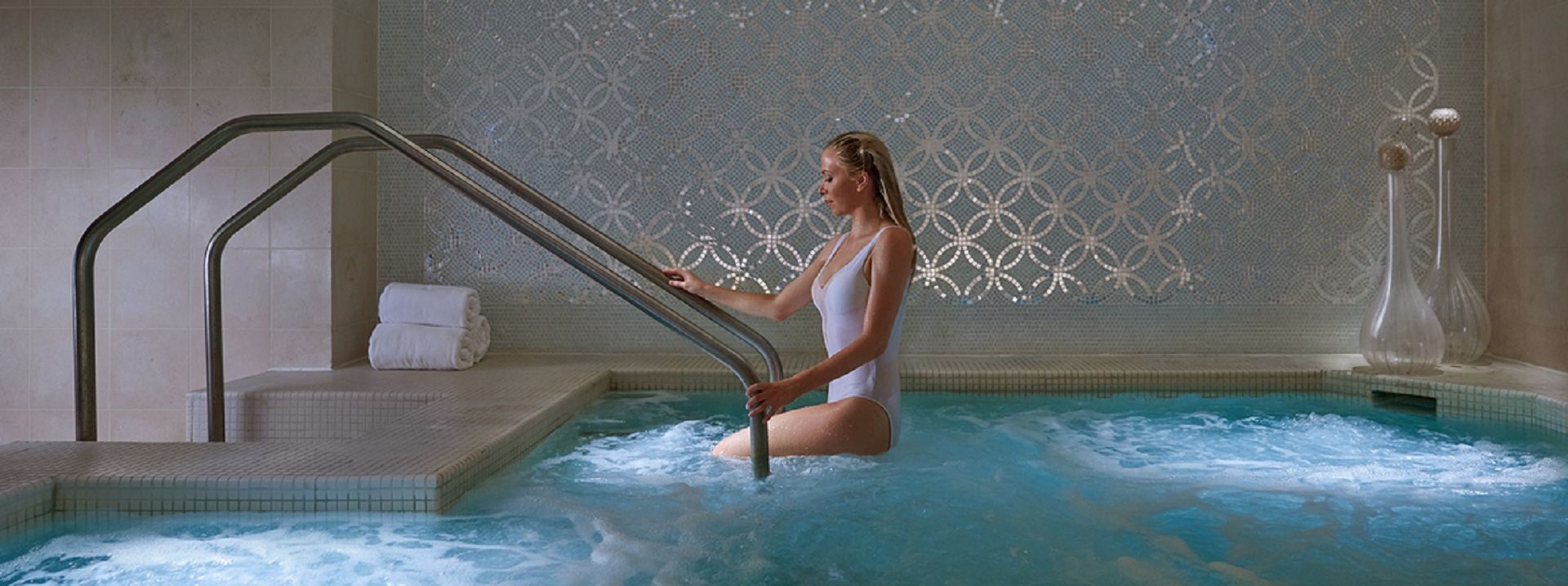Do you like to entertain, have friends or family over, or enjoy the amenities of your community with a friend or two? Do you invite guests to stay overnight at your condo? If so, how long is an acceptable amount of time before guest status becomes resident status? Let’s take a look at guest policies, their purpose, and some typical details that are meant to protect homeowners.
What is a Guest Policy?
There are a couple types of guest policies when it comes to homeowners associations. First, there are guest policies in regards to using the amenities at an association. For instance, can a certain number of guests visit the pool, gym, or tennis courts at the association? You may find your HOA has a limit to how many people who can invite to use those amenities.
Usually these guest policies explain how many guests are allowed as well as appropriate behavior of those guests while using the amenities.
Beyond use of the community amenities, guest policies are used to differentiate between a long-term visitor and someone who has become a renter in a unit.
Why Have a Guest Policy?
Guest policies in a homeowners association are meant to prevent unauthorized, unsafe, and unmonitored rentals or use of a homeowner’s unit.
For instance, Airbnb or Vrbo rentals for unoccupied units could become a problem for associations if rules are not followed or guests become unruly.
Having a guest policy protects the association from liability should anything happen to the guest and allows for shared use of amenities in a fair and reasonable manner.
Typical Policy Details
At a basic level, curbing unruly guest behavior at the pool, in the common areas, or anywhere on the property is an important detail included in a typical guest policy. Often these policies will limit the number of guests a unit owner can have on the property at any given time.
Determining when a guest has transitioned over to becoming a resident is important for HOAs, as they will need to know who is living in what unit. In this situation, there are an entirely different set of policies to consider.
HOAs will want to determine if a guest who may have stayed overnight (on occasion) has become a more permanent part of the community. To determine this, they may need to know if mail is being delivered to the guest, if they have a key to the residence, and if they are paying part (or all) of the rent.
If your association has noticed any of these behaviors, chances are your short-term guest may have morphed into a long-term guest, or even a resident. At this point their name may need to be added to the HOA paperwork.
Other, more detailed aspects of a guest policy may include:
- How long a guest may stay
- How many guests are allowed at any one time
- Maximum occupancy of a unit based upon square footage and safety considerations
- How many consecutive nights a guest may stay before they are considered a renter
- Behavior of guests while in common areas
- Determinations of who is responsible for the guest during their time in the community
Do you have questions about drafting a guest policy for your community? Talk to our specialists about how this can be accomplished while still allowing homeowners flexibility to entertain and visit with family and friends.




